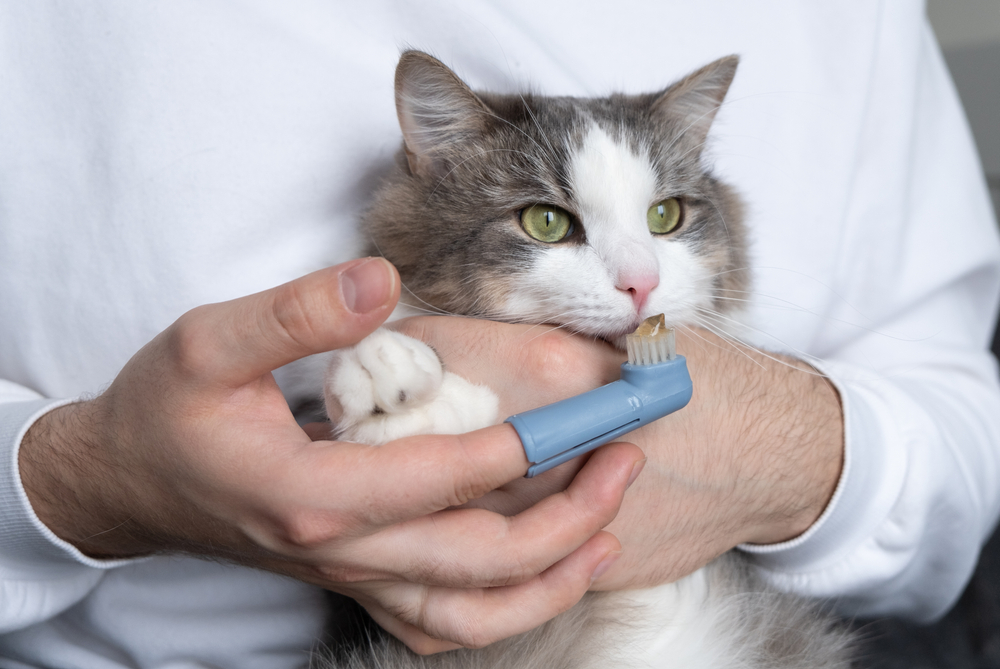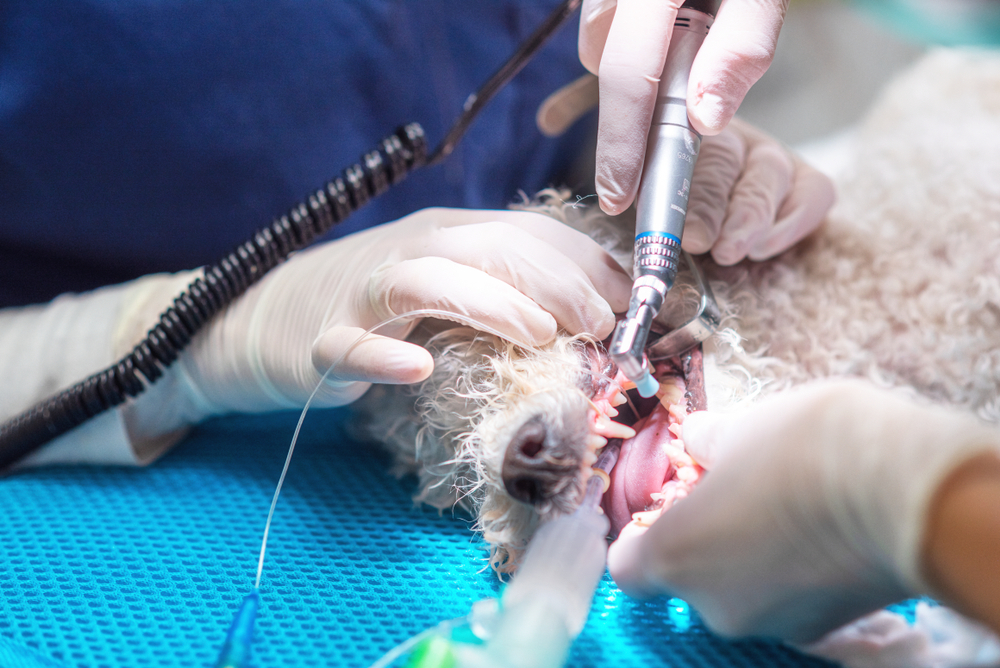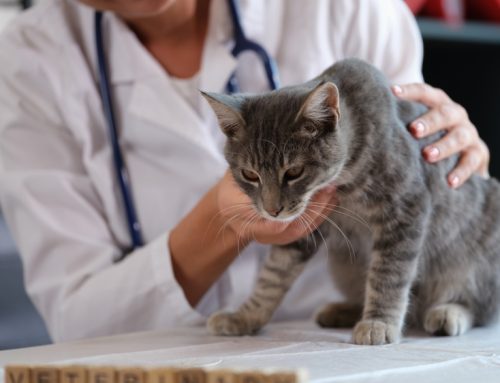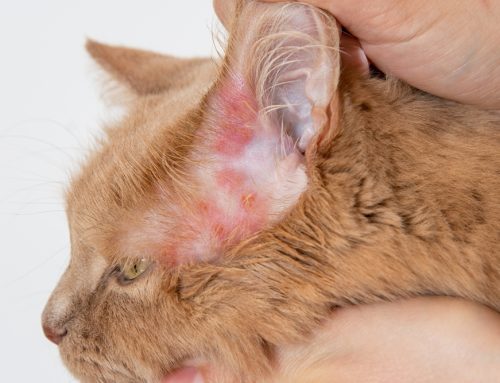If you’ve ever had a toothache, you understand how the pain can impact your wellbeing. For pets with dental problems, pain is a daily problem, and such chronic pain can significantly impact quality of life. Poor oral health can also result in your pet’s shortened lifespan.
At Chiefland Animal Hospital, we understand the significant role that oral health plays in your pet’s life, and we encourage all pet owners to take a proactive approach. We recently added new equipment to our facility that allows our team to perform comprehensive and advanced dental procedures, and we want to share with you why we prioritize oral care.
What causes dental disease in pets?
Dental disease in pets starts with plaque and bacteria accumulation at the gumline. The plaque then gradually hardens into tartar and may migrate below the gumline, loosening attachments and irritating the soft tissues, which creates an environment where the bacteria proliferate and further damage the gums, tooth attachments, tooth roots, and jawbone. Eventually, this painful process leads to tooth loss and causes distress that may not be readily apparent to the pet owner.
Dental disease, also called periodontal disease or gum disease, impacts at least 80% of pets older than 3 years. Most pets hide their pain and continue to eat and act normally, but you may notice some of the following signs as the disease develops and progresses:
- Bad breath
- Drooling
- Reluctance to play with or chew on favorite toys
- Dropping food or being unable to chew hard foods
- Brown or yellow discoloration on teeth
- Red, swollen, or bleeding gums
- Broken or missing teeth
The consequences of untreated dental disease
Pain is the most likely consequence of dental disease and other common oral health conditions, yet despite their significant discomfort, most pets instinctively hide this pain, making identification more difficult. Tooth root and jawbone infections that go unnoticed for a long time can spread through the bloodstream to other body organs and cause significant heart, kidney, or liver damage that shortens your furry friend’s life. Other potential complications include jaw bone fractures and infections that travel into the sinuses, nasal cavity, or orbit (i.e., eye socket).
Dental disease diagnosis and treatment
Our veterinary team may suspect dental disease based on finding tartar buildup or gum inflammation in your pet’s mouth. When we suspect dental disease, we will recommend a professional dental cleaning and assessment under general anesthesia to examine all tooth structures thoroughly to complete the diagnostic process. This is necessary because about two-thirds of the tooth surface lies below the gumline, invisible to the naked eye. We anesthetize all pets for these procedures to ensure we can safely perform a comprehensive tooth evaluation, remove tartar, take X-rays, and treat or remove any severely diseased and painful teeth. Our technical staff closely monitors pets during their procedure and caters to their comfort while they stay with us for the day.
The importance of dental X-rays
Dental X-rays are crucial to ensure we don’t miss problems below your pet’s gumline. Studies show that around 28% of dogs and 42% of cats with healthy-looking teeth have abnormalities detectable only on X-rays. We use a digital dental X-ray system that provides quick, high-resolution images and minimizes your pet’s radiation exposure. X-rays are arguably the most important component of a dental assessment because, without them, we could miss a crucial problem that will only worsen with time and leave your pet in chronic pain.
Effective dental home care strategies

You wouldn’t go an entire lifetime without brushing your teeth, and your pet’s teeth need the same care. Diligent dental home care that includes daily toothbrushing can significantly extend the time between needed dental procedures and also helps keep your four-legged friend’s breath healthy and fresh. You can teach your pet to accept toothbrushing with a slow introduction and positive training techniques.
Toothbrushing is the most effective home care strategy, but products that reduce plaque, tartar, and bacteria buildup on the teeth are available. To choose the most effective, safe products for your pet, visit the Veterinary Oral Health Council’s list of approved dental products or ask our team for an individualized recommendation.
Dental disease often begins early in life and progressively worsens with age, but you can significantly slow or stop this process with frequent and consistent interventions. Start with annual wellness and dental examinations by our Chiefland Animal Hospital team, so we can recommend the best time for your pet’s next professional cleaning, assessment, and treatment using our updated equipment. Call us to schedule a visit or with questions about our dental services and recommendations.








Leave A Comment